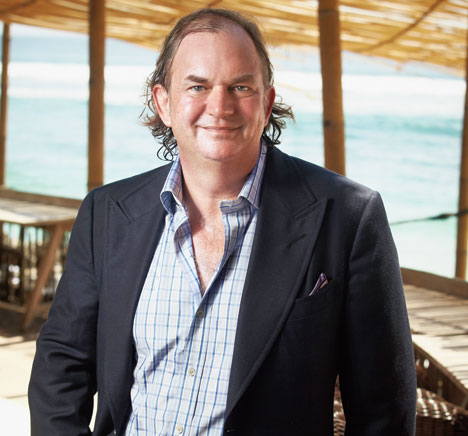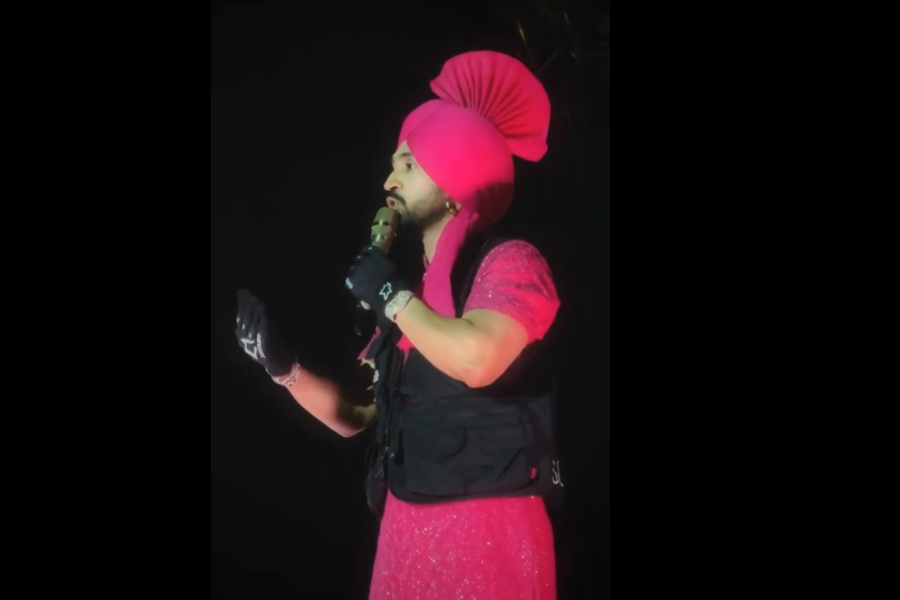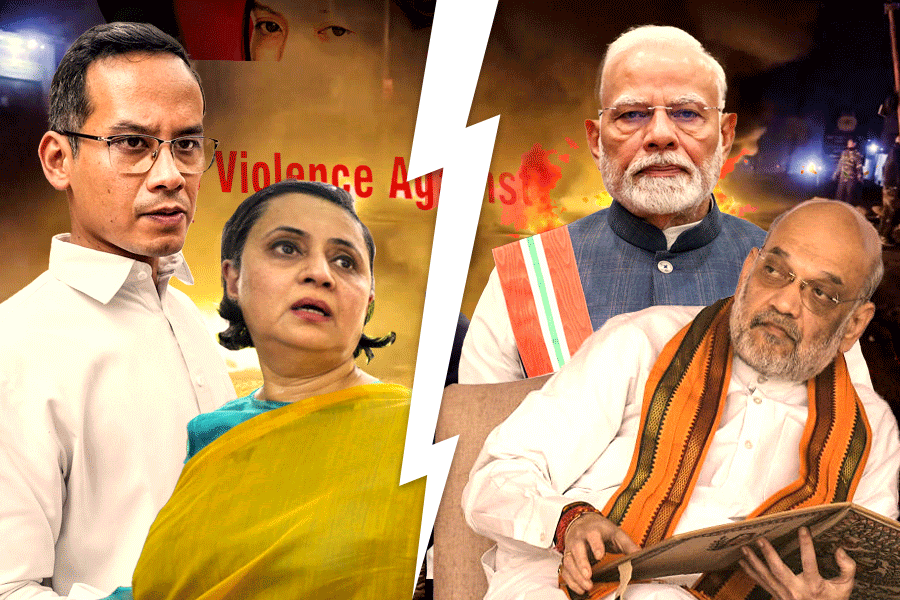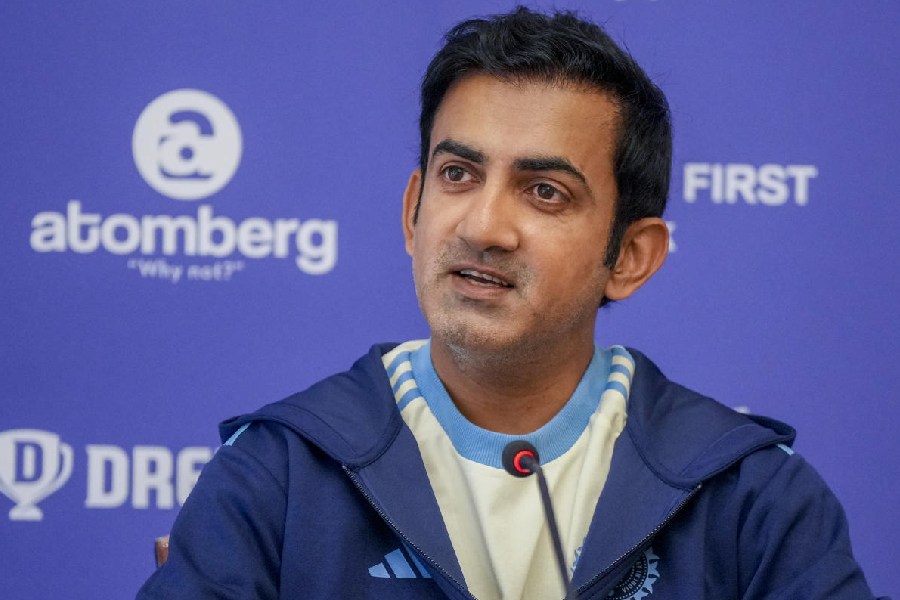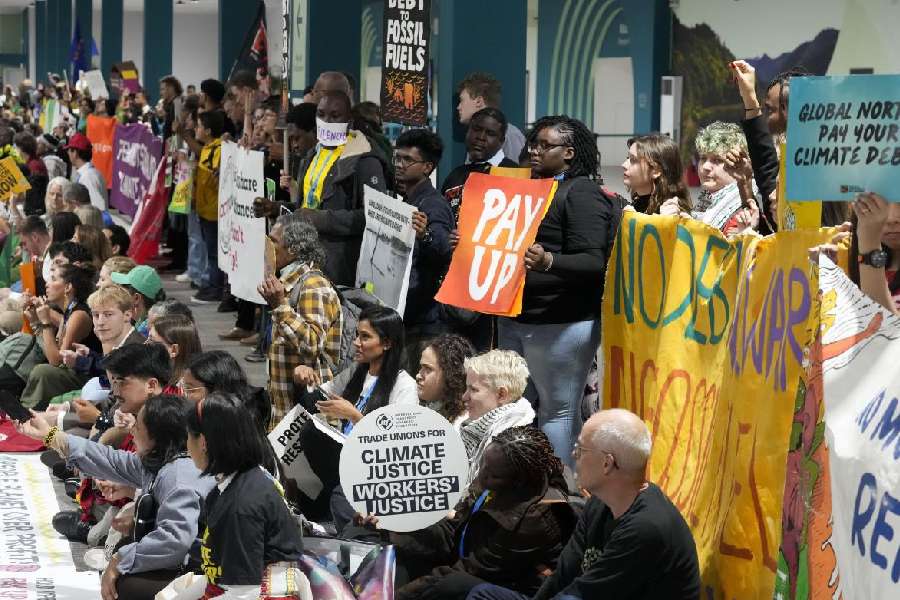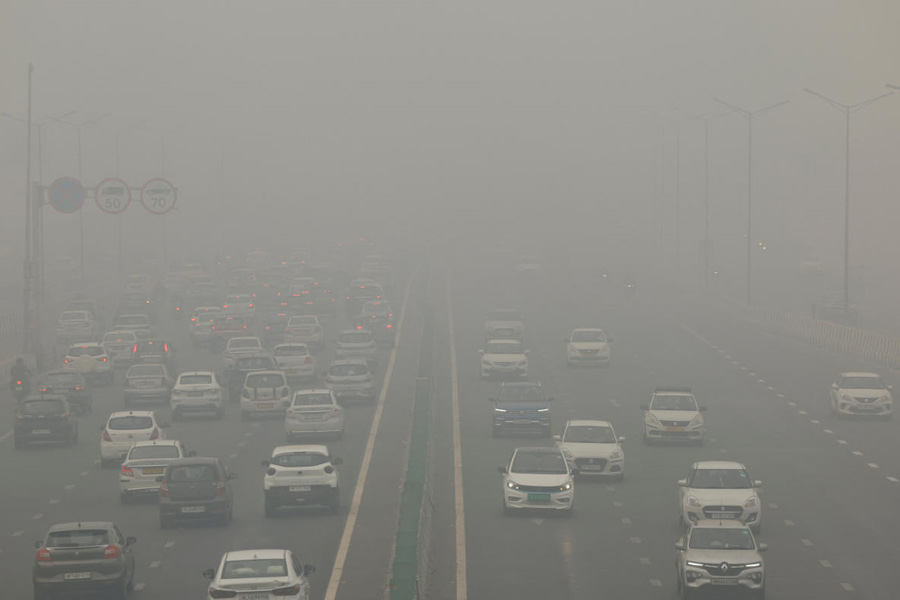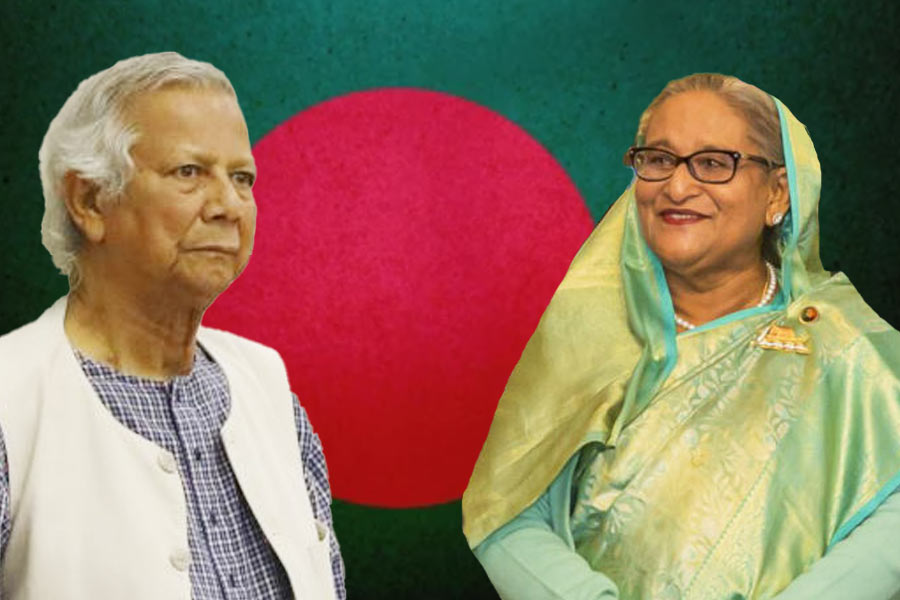You’ve been a music agent in London and then a salesman. How did India and the hotel business happen?
A total twist of fate was when I was invited to come to speak at a hotel conference in Hyderabad in 1993 and the people offered to show me around India. When I came to Goa, it was like a light switch went on and I fell in love. I thought it was an amazing place, the beaches, food and people were great.
It’s very European with the Christian residents and the Portuguese influences. And what I saw was an enormous opportunity because Indians were beginning to come here in large numbers because of Bollywood, and it was a very liberal attitude towards drinking and partying and international flights were just starting out because places like the Caribbean and the Mauritius were becoming expensive.
So for Brits and Germans looking for cheap winter sun, Goa was a great option and land was cheap. My old bosses disapproved and refused to back me and I made a decision in 24 hours to do it myself. I sold my flat in London, sold the car, cashed in all my life savings and then within a week, bought my first asset here. I persuaded all the people who would work for me to come here. They believed me and we started off in 1993, vastly under-funded and daily cash flows. And from those humble beginnings, it grew and grew and now we have over 30 resorts and 2,500 employees. So yes, god must like me!
I teach at Yale Business School, and one of the things I teach is that you can have the best education and be the most intelligent but a lot of life is luck. A lot of people tell me that I am very lucky but it took a lot of stupidity for me to drop out, leave a good music business and then leave a well-paying job to come to India.
He dropped out of college to “become a guitarist” and changed tracks to be a music agent for acts like Culture Club and Eurythmics in London in the 1980s — all of which he left behind in the ’90s to start a hotel in Goa, which has expanded over the years to become the Karma Group. The international travel and lifestyle brand owned by John Spence has more than 30 resorts across the world, with 55,000 members and counting in its point-based club. To mark the 25th anniversary of Karma Group, Spence was back where it all started, and that's where we caught up with him.
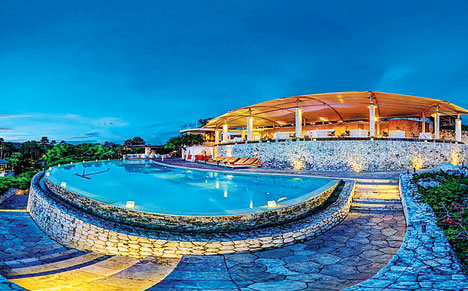
The Karma Kandara in Bali
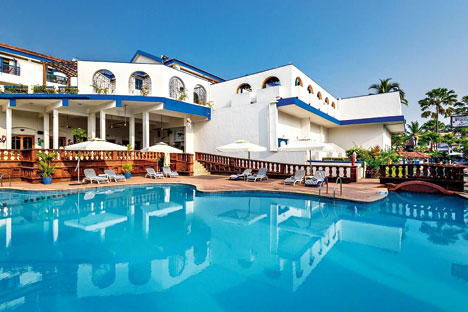
A view of the Karma Royal Haathi Mahal
What kind of experiences does the Karma Group in India offer?
We don’t try and have all our resorts the same way in decor or fit-outs. We have very good spas in all our properties and I am very proud of it. We now have about 30 spas and we also like to specialise in different treatments. Food, beverage and sports are things that are important to us and we have gyms and pools.
We are great believers in looking after kids and so all our resorts have the Three Monkeys Club for kids. Many of our guests have kids and I believe that if kids are happy, parents will be happy. I have three kids myself and I have two pet hatreds — one is when hotels make children uncomfortable, and two, I also don’t like places where they are too visible. So we try and over-deliver on the toys, as we say.
What are some of your personal favourites from the properties?
I would unashamedly say Karma Royal Haathi Mahal; this is very special to me as Goa is where I started. I get a sense of pride when I come here and it has a really family feel to it. The next would be the uber five-star Karma Kandara in Bali, which regularly wins awards and it’s still growing. And the third one would be the Karma Le Preverger, near St. Tropez, France, and this is an unbelievable property. It used to belong to legendary actress Jeanne Moreau who used to be friends with Sophia Loren, Brigitte Bardot and that set, and they had legendary parties there.
What are your plans for your business?
We’re very boorish about growing! We are a very unusual company as we don’t borrow money, apart from a small personal debt, so I own it 100 per cent and nobody has leverage over us. We don’t like working with outside partners, we don’t have bankers involved, we don’t have private equity. In India, we would like to grow because I love it. What number of resorts, I don’t know but I’ll be surprised if we don’t add one resort a year.
We look at resorts two ways — either strategically or opportunistically. Strategically, if we know there’s a place that people really want to go, we actively look for a place like Coorg and Sri Lanka; opportunistically, things come up, like how the Dharamsala deal happened. Of course I make decisions and deals with due diligence but I am a great believer in Malcolm Gladwell’s philosophy of Blink and so I believe that good decisions are made in the blink of an eye and the more you think about it, the more likely that you will make a mistake. I have made mistakes but I like things that remind me of my mistakes because I am human.
MUSIC AND THE MAN
How was the music scene of the 80s in London?
Oh, it was amazing! From the 1980 to 1984, it was the new wave scene and the punk scene in London and it was a crazy time and every day of the week, you would go out to maybe seven-eight gigs and every band in the world was playing in London and you’d start work at about 3 in the afternoon, usually with a pint, you would go clubbing at about 6 in the evening and finish at about 6 in the morning, get some sleep and start again. I look back and I think, I am lucky to be alive!
Personal music favourites?
I love Armin van Buuren and Avicii. I am partners with Iron Maiden in my hotel in London (The Karma Sanctum Soho) and they’re fun! I am listening to a lot of Enigma at the gym and I like The Handsome Family.
When you were representing Brit bands, the Indian trance music scene in Goa was picking up. What were your first impressions of the scene?
When I first came here, it was still great full moon parties up in North Goa, which were wild but great fun. If you remember too much about the Indian trance scene and full moon parties, you weren’t there!
Your favourites as a traveller?
I live in Windsor, Monaco and Singapore a lot as I have houses in these places. Maldives in winter and the Mediterraneans in summer for holidays are some of my favourites.
How do you sustain a business in a price-sensitive market?
Our business model is relatively simple. We find an asset which is undervalued, or a piece of land that we think could become something. We see value where others don’t. And we go to locations that have not yet been tapped into, but we see potential. And instead of going to a bank, we sell memberships and raise funds, telling people that if you become a member of my club, you can use my products. So we rarely compete for assets with the big boys like Four Seasons because they will always outbid us and we’re not in that market. The stuff we find are what we call ugly ducklings but we believe we can make them into swans and that’s half of the fun.
What’s the story behind the name “Karma”?
We started out calling the company Royal Resorts but about 12 years ago, I opened a more upmarket stream of products which I called Karma and though it’s not the correct definition, I am a great believer in the sense of things rebounding in the universe and you getting back what you give. It sounds Indian and Asian and it’s something that all religions and cultures like and believe in. Karma spa, Karma beach, Karma wine — it works with everything.
How is the Karma Group different from the other luxury properties in India?
We are not in the lodging or hotel business, we are in the entertainment business. When people come to stay with us, we try to entertain people, which is why we spend a great deal of time on bars, restaurants, kids’ clubs and sports facilities. We also do a lot of things away from the resort. We are much closer to a private members’ club, like say, Soho House, than we are to a hotel. Almost all of our clientele are members, which means they’re with us year after year after year. So it’s vital for us to keep them entertained and communicate with them. It’s now 55,000 members worldwide and rapidly growing.
What are the holiday trends now?
The trend seems to be that once a year, people try to go somewhere nearby and then they start going further but within the country. Often what happens is that for the main holiday they go further, but for the mini holiday they start driving two-three-four hours away from where they live. So we are very keen on buying resorts which are relatively closer to the metros — we bought Dharamsala (Karma Dharamsala) and we are looking at Coorg and Ooty.
What is also happening at a huge escalation is Indians are holidaying overseas. When I started, the idea was to come to Asia and buy land for cheap as Europeans and Americans had grown up dreaming about India and Bali and other such places as exotic. Indians were brought up with pictures of the Alps, the Greek islands or even the London bridge. Now, the Indian consumer has the money to go there, airlines are cheap and currencies are convertible. So most of the resorts I am buying out now are in Europe. The primary reason is that they are cheap to buy and also because my market is not the Europeans.
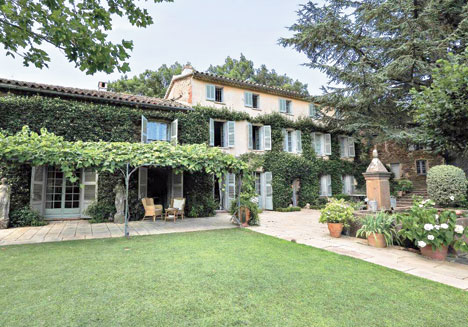
The Karma Le Preverger, near St. Tropez, France

